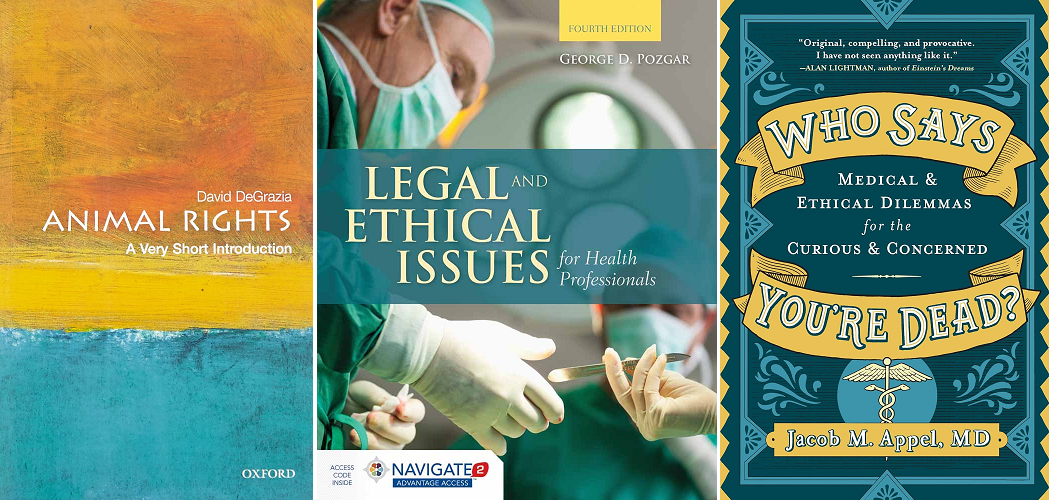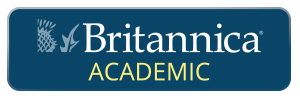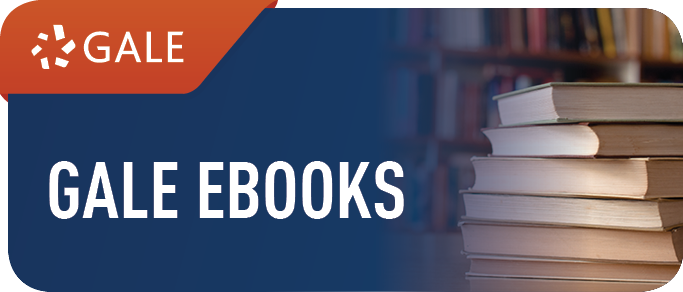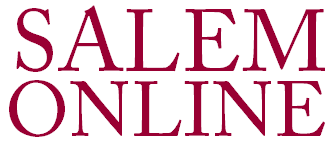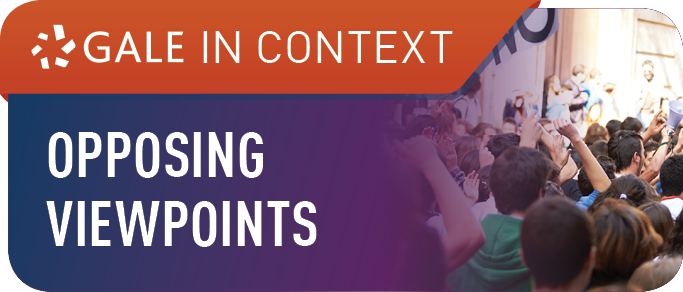Welcome to the DCTC Library's Medical Ethics course guide. On this page you will find helpful information about the research and writing process, including links to help you evaluate and cite your sources.
The 2nd page has information about the resources in our library and how to find them using our catalog.
The 3rd page is a gateway to the Library's best online resources and web sites for this course, including some tutorials for these resources.
Let's get started!

Abraham Lincoln famously said you shouldn't believe everything you read online. And 82% of all statistics are made up.
There's a lot of misinformation out there. Digital literacy expert Mike Caulfield developed the SIFT method to help students evaluate information and make better decisions about what sources to trust:
Stop
Investigate the source
Find better coverage
Trace claims, quotes, and media to the original context
Here are more guides to help you evaluate sources of information:
- Criteria for Evaluating Information (Otis College of Art and Design)
- Evaluating Information (Johns Hopkins University)
- Evaluating Resources (UC Berkeley)
- Evaluating Sources of Information (Purdue University)
- Online Verification Skills with Mike Caulfield (YouTube)
There are different styles for citing the sources you use in your assignments. Your instructor will let you know whether to use APA, Chicago, MLA, or some other style. Here are some introductory guides to these styles from the Purdue Online Writing Lab:
- Purdue OWL: APA Formatting and Style Guide
- Purdue OWL: Chicago Manual of Style 17th Edition
- Purdue OWL: MLA Formatting and Style Guide
Our catalog and databases provide citations for the books, videos, and articles you find in them. Just look for a link that says Cite or Citation, then select the appropriate style. It's easy to copy and paste citations into your bibliography!
"Plagiarism includes, but is not limited to, the use, by paraphrase or direct quotation, of the published or unpublished work of another person without full and clear acknowledgment. It also includes the unacknowledged use of materials prepared by another person or agency engaged in the selling of term papers or other academic materials."
This definition of plagiarism comes from page 1 of DCTC's Student Code of Conduct. See how easy that was?
Citing your sources is an essential step in the research process. This allows others to verify your information and gives credit to previous researchers and writers for their hard work.
The Center for Student Success offers tutoring to all DCTC students, including help with writing your paper and citing your sources. You can schedule an appointment by calling 651-423-8420 or visiting room 2-101.
Use our catalog, OneSearch, to find the books and videos on our shelves, plus ebooks and streaming videos.
The best way to begin your search is to enter one or two keywords on your topic. To narrow your results, use the Modify My Results options on the left side of the screen. You can also click on a relevant title and click on one of its subject headings to focus your search on that particular topic.
Please ask a librarian if you need help locating anything you find in our catalog.
If we don't have the book, video, or article you're looking for, you can request it via interlibrary loan (ILL) and it will come to you. It's easy! E-mail library@dctc.edu to let us know what you're looking for and we'll do the rest.
We have lots of books and videos about medical ethics in our collection. If you like to browse, most of these are shelved in the R723-726 call number range. Ask a librarian if you need help finding anything.
Here are just a few of our books about medical ethics:
Behind the circulation desk we have our Course Resources collection. These are books and videos that instructors have asked us to reserve for certain classes. Books for Medical Ethics include Animal Rights : A Very Short Introduction, Legal and Ethical Issues for Health Professionals, and Who Says You're Dead? Books on reserve must be used in the Library, except with permission from your instructor to check them out overnight. Ask a librarian if you're looking for one of these.
Reference books and online resources like AccessScience, Britannica Academic, Gale eBooks, and Salem Online are great for improving your background knowledge on almost any topic. These resources also provide images and videos, which you can use to liven up your papers and presentations.
Films On Demand features Medical Ethics: Real-World Applications, a three-part video series.
- Genetic Engineering (19:08)
- IVF (20:22)
- Euthanasia (24:48)
Other videos include the NewsHour Medical Ethics and Issues Anthology (3:02:56).
- Bioethics Today
- Cases on Medical Ethics (Santa Clara University)
- Code of Ethics for Nurses (American Nurses Association)
- Ethics in Medicine (University of Washington School of Medicine)
- Minnesota Law and Legislative Documents (Minnesota Legislature, Office of the Revisor of Statutes)
- Society for Veterinary Medical Ethics
Opposing Viewpoints features information and opinions on more than 400 social issues and current events, including medical ethics. For each topic, you'll find viewpoint essays; reference information; full-text articles from magazines, academic journals, and newspapers; primary source documents; statistics; images; videos; audio; and trustworthy websites.
Points of View Reference Center features opinions on more than 400 social issues, including medical ethics topics. For each topic, you'll find an overview and point and counterpoint opinion essays.
Basic Searching tutorial for Points of View Reference Center
There are millions of full-text articles in our EBSCO, Gale, and ProQuest databases. The best way to begin your search is to enter one or two keywords on your topic. Each database is different, but there will be ways to limit and focus your results so that you find the most relevant and useful articles available.
 Our EBSCO databases are an excellent place to start your search for magazine and journal articles.
Our EBSCO databases are an excellent place to start your search for magazine and journal articles.
 Our Gale databases are another great place to find magazine and journal articles.
Our Gale databases are another great place to find magazine and journal articles.
 Search hundreds of U.S. newspapers, newswires, and news sites with ProQuest U.S. Newsstream.
Search hundreds of U.S. newspapers, newswires, and news sites with ProQuest U.S. Newsstream.
 Search more than 30 million citations from biomedical and life science sources with PubMed. Some citations include links to full-text content.
Search more than 30 million citations from biomedical and life science sources with PubMed. Some citations include links to full-text content.
 Search and explore scholarly literature with Google Scholar. Some citations include links to full-text content.
Search and explore scholarly literature with Google Scholar. Some citations include links to full-text content.
Please visit the Library or e-mail library@dctc.edu if you have any questions about our online resources or if you'd like help finding articles on your topic.
Here are just a few of the ebooks about medical ethics you'll find in our EBSCO eBook Collection:
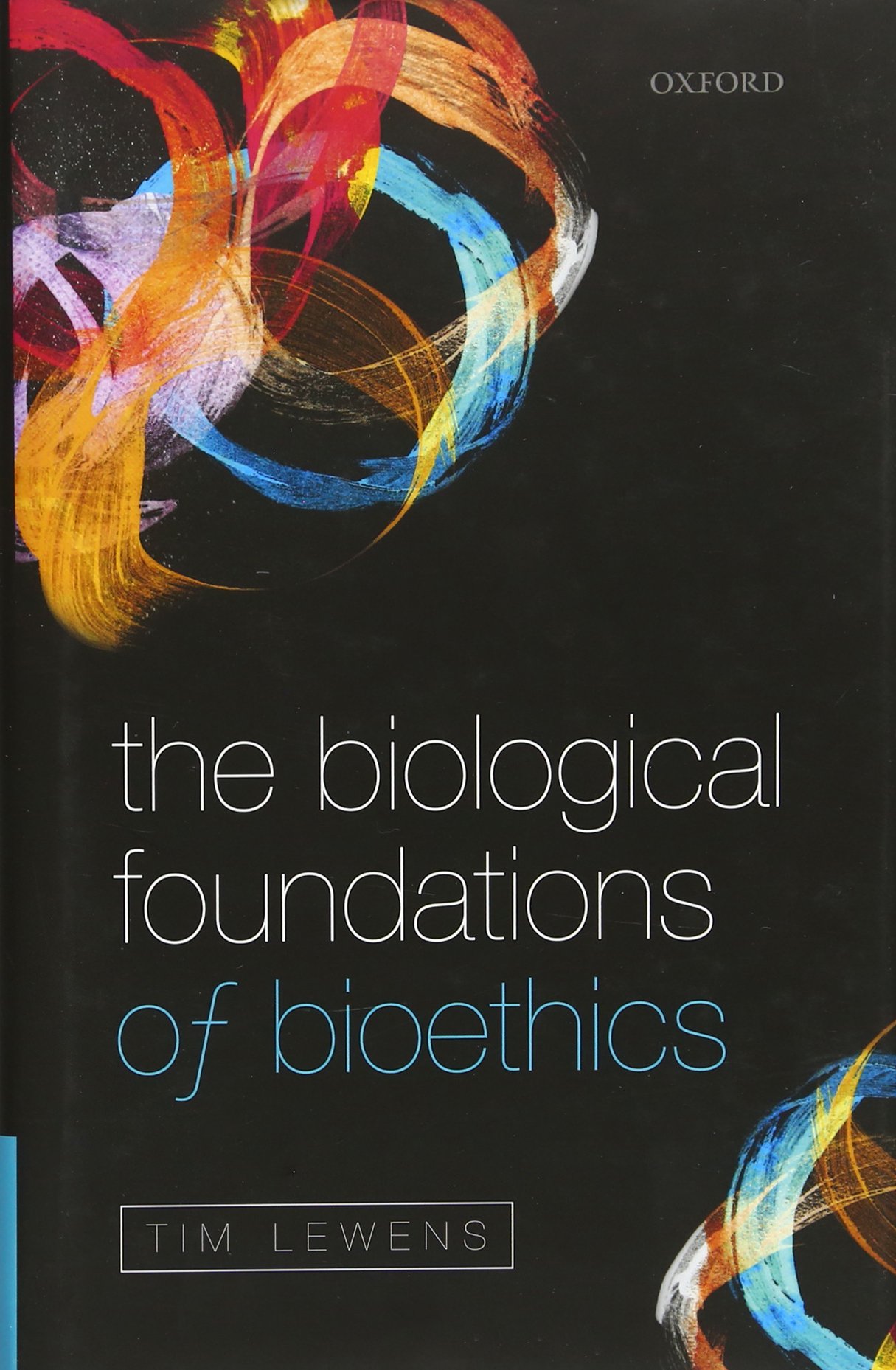 The Biological Foundations of Bioethics
The Biological Foundations of Bioethics
Tim Lewens, 2015
 Worst Case Bioethics: Death, Disaster, and Public Health
Worst Case Bioethics: Death, Disaster, and Public Health
George J Annas, 2010
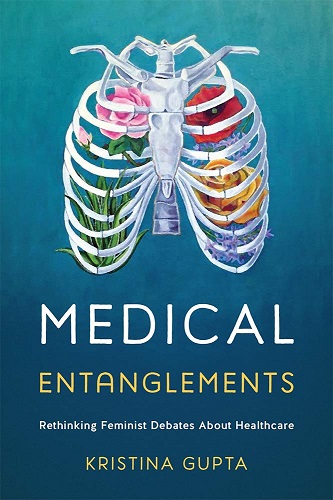 Medical Entanglements: Rethinking Feminist Debates About Healthcare
Medical Entanglements: Rethinking Feminist Debates About Healthcare
Kristina Gupta, 2020
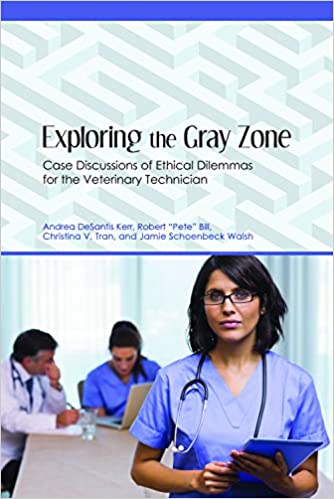 Exploring the Gray Zone: Case Discussions of Ethical Dilemmas for the Veterinary Technician
Exploring the Gray Zone: Case Discussions of Ethical Dilemmas for the Veterinary Technician
Andrea DeSantis Kerr, 2016



